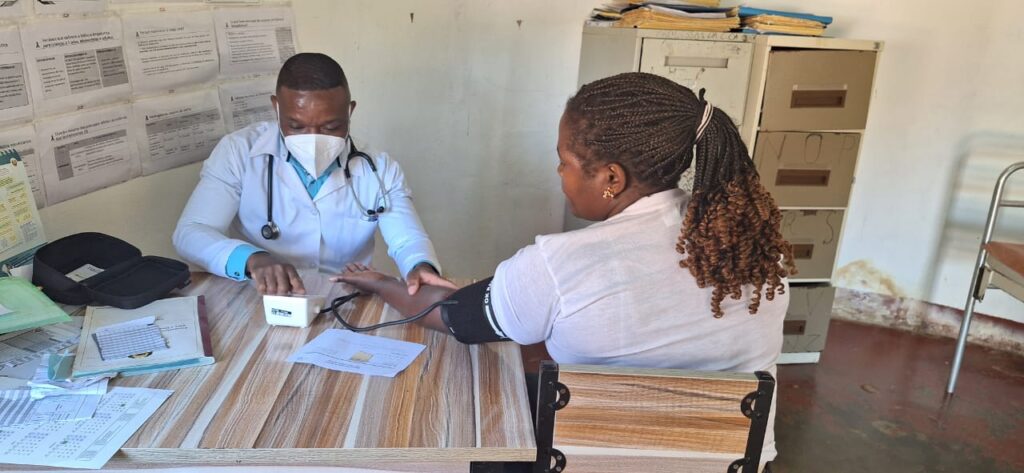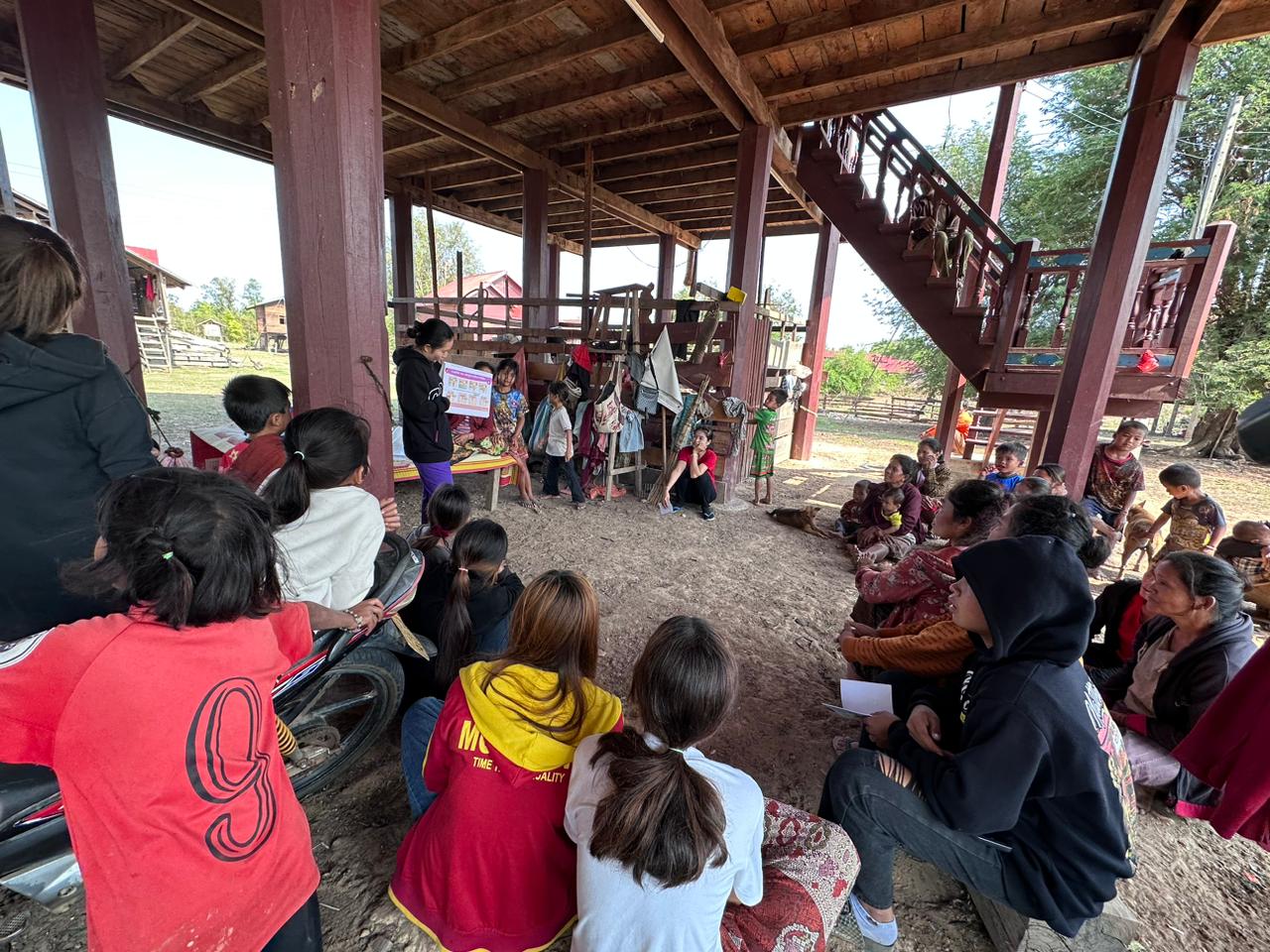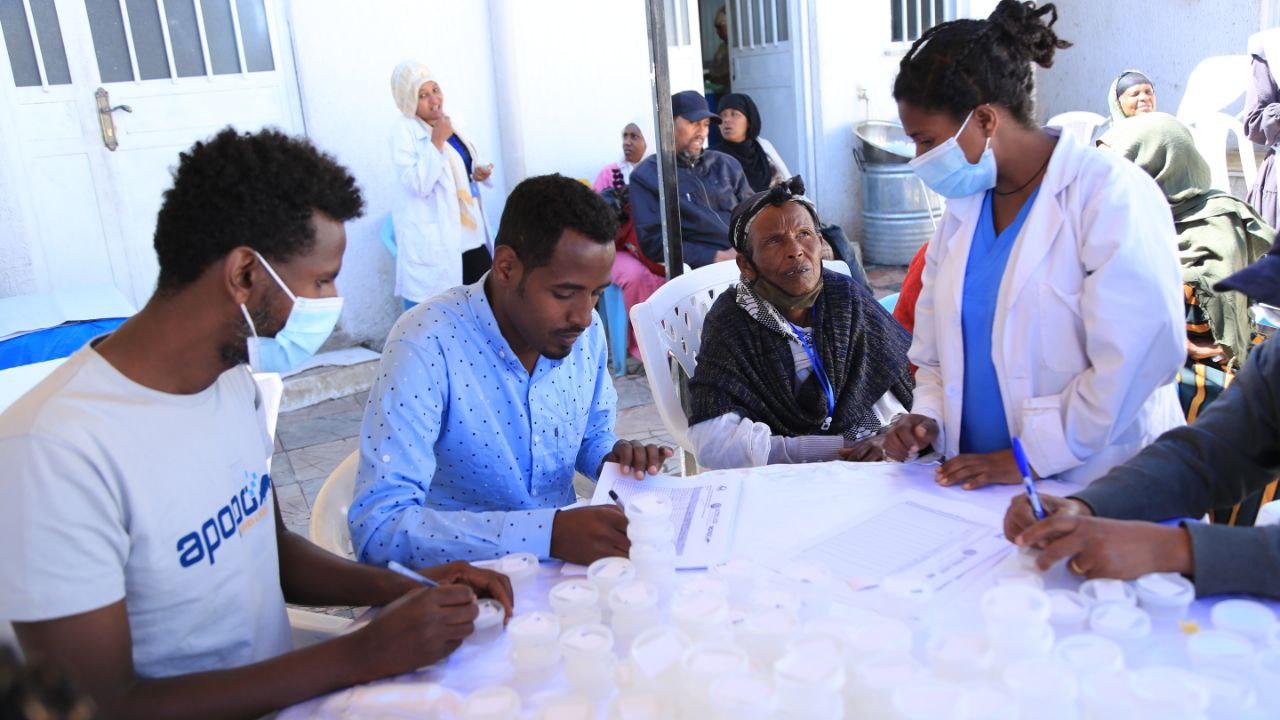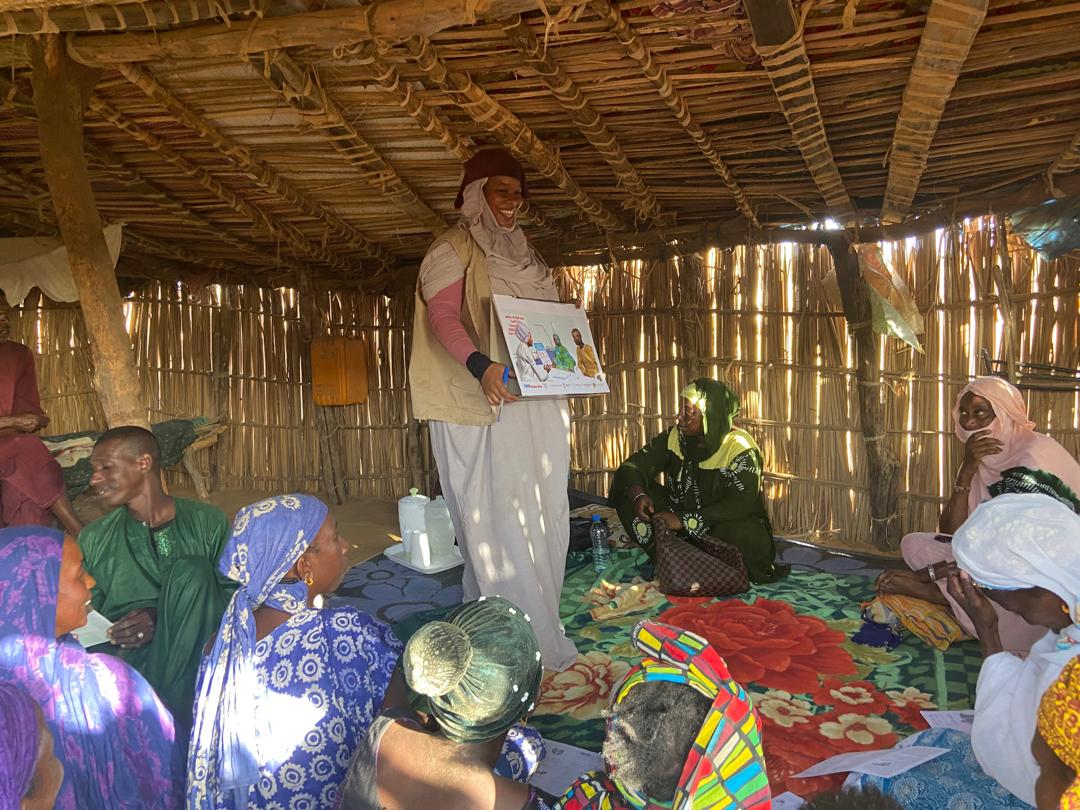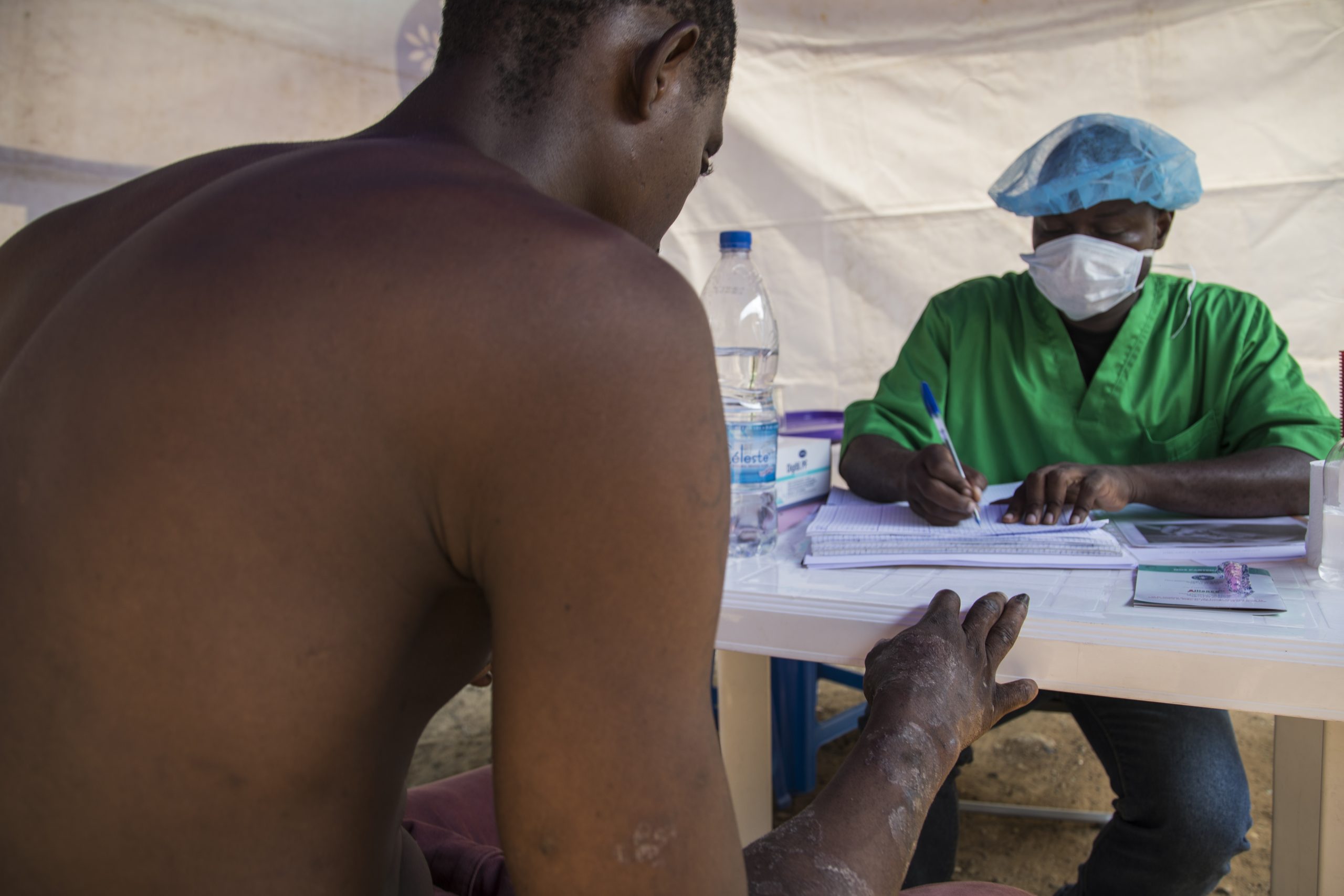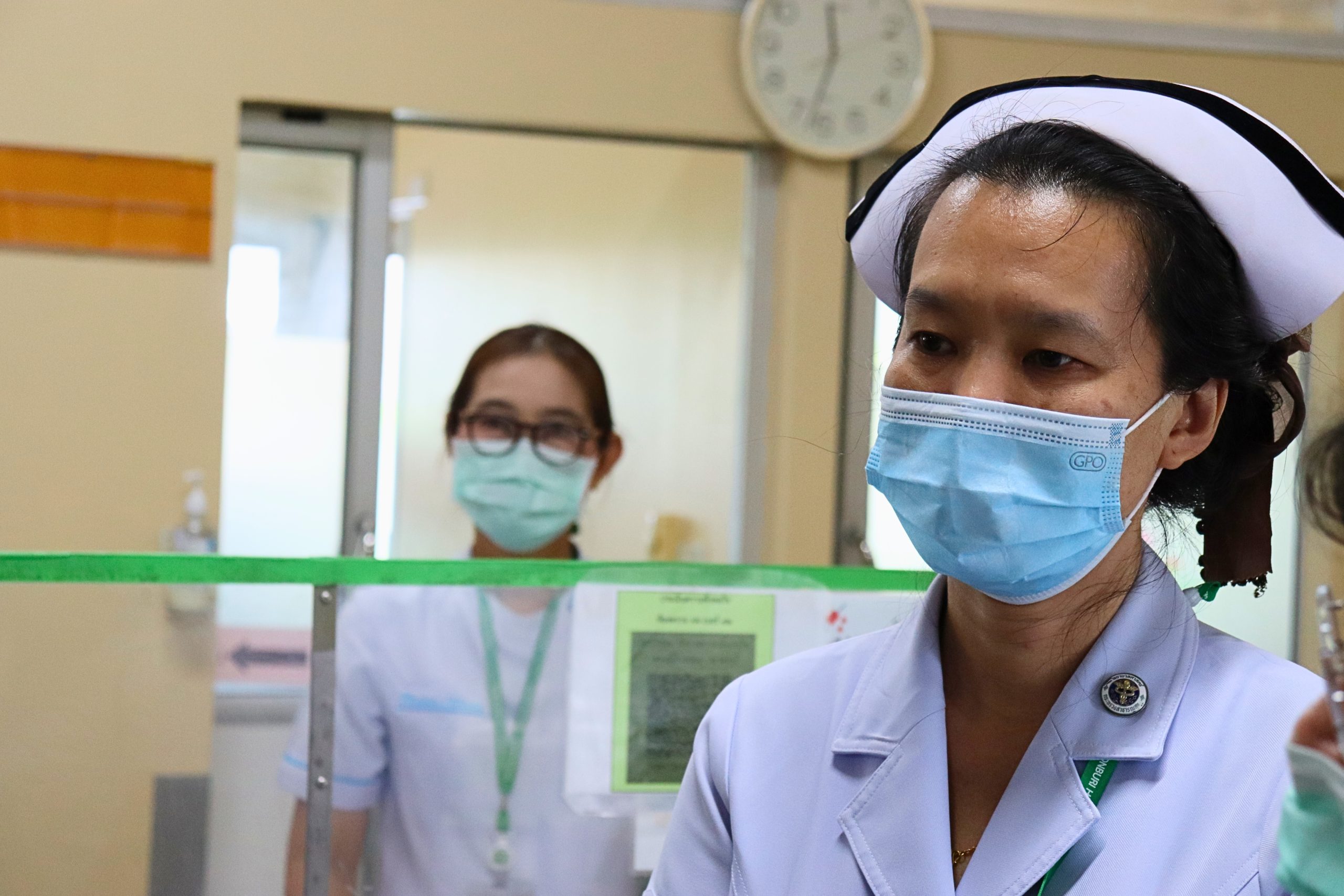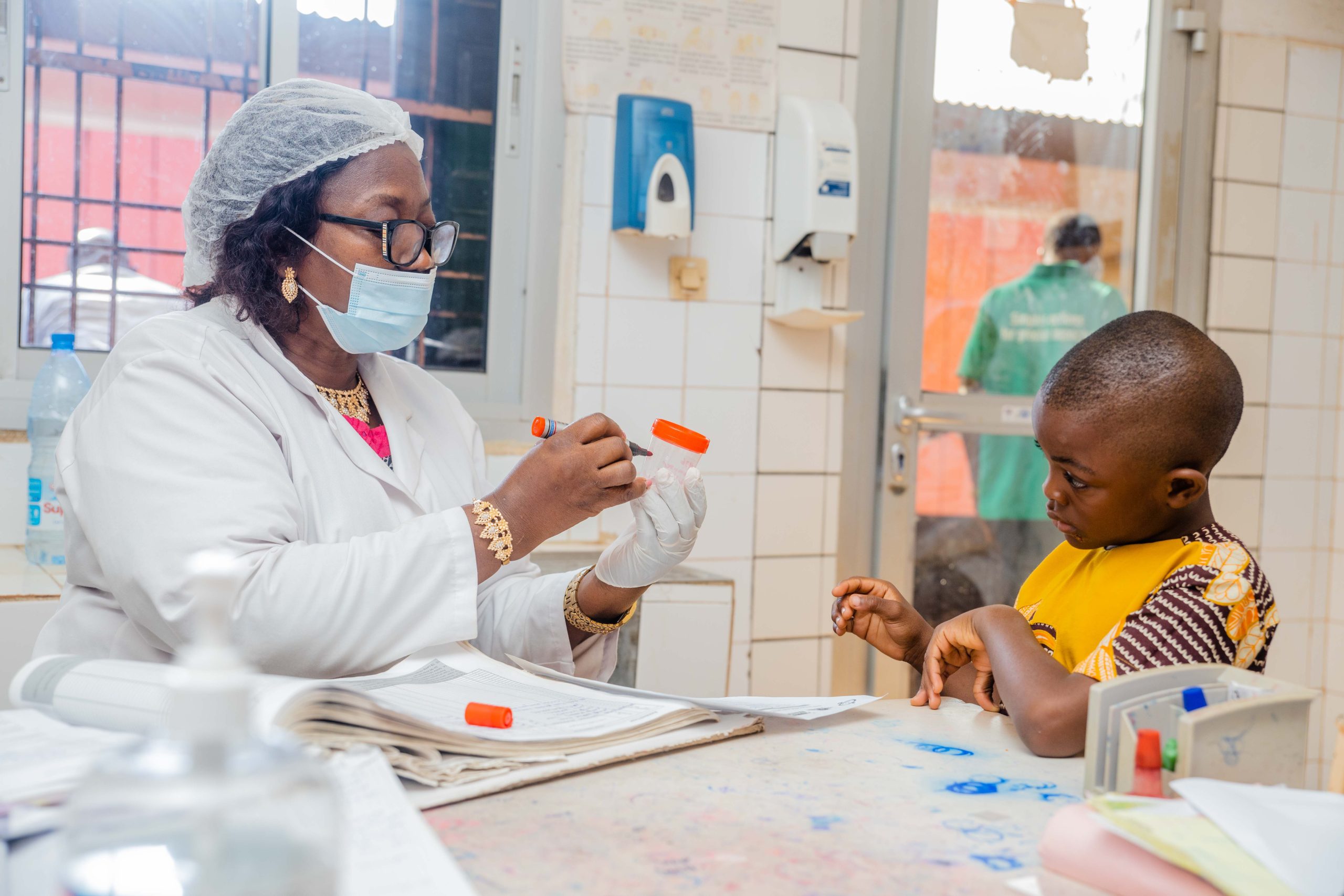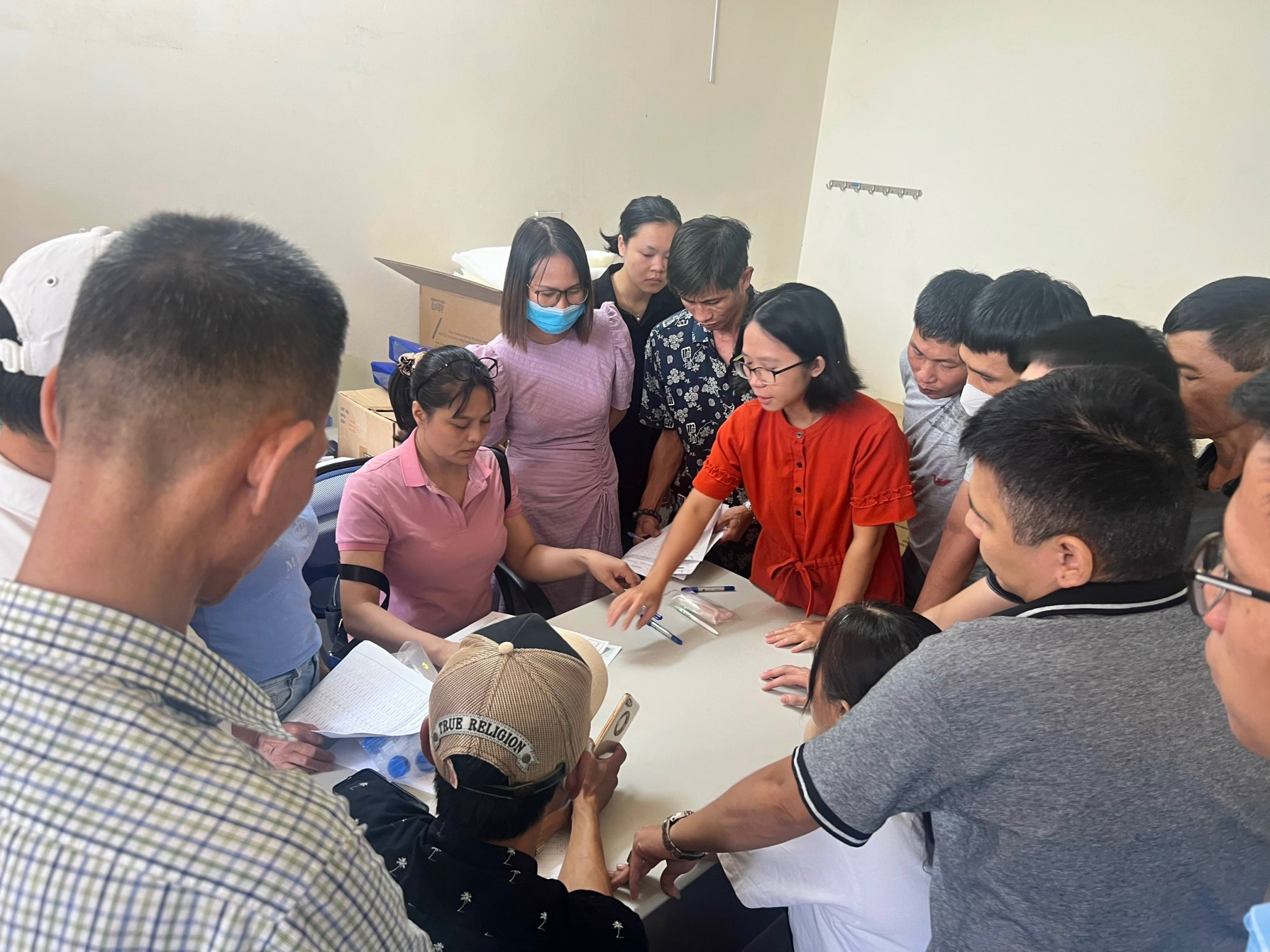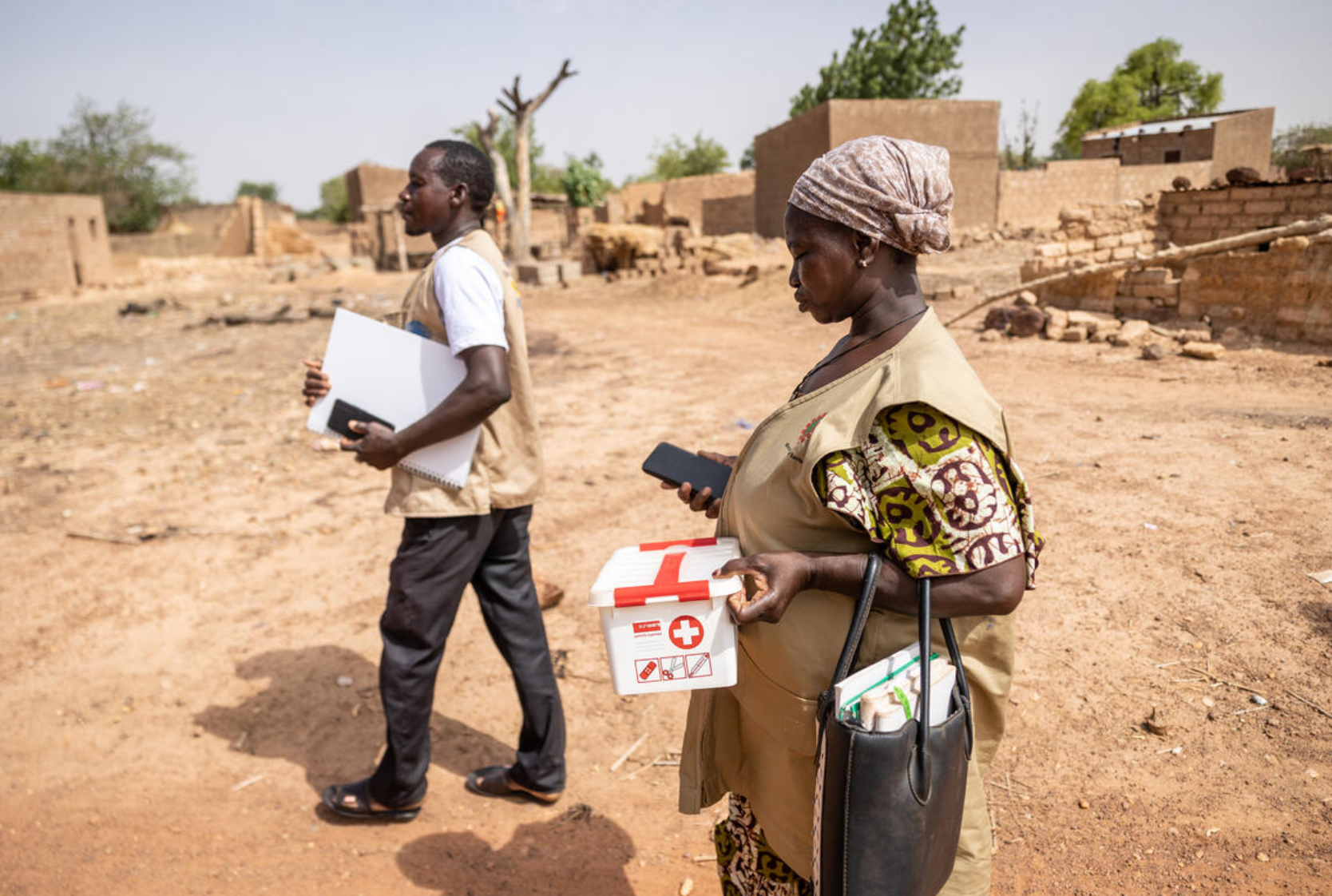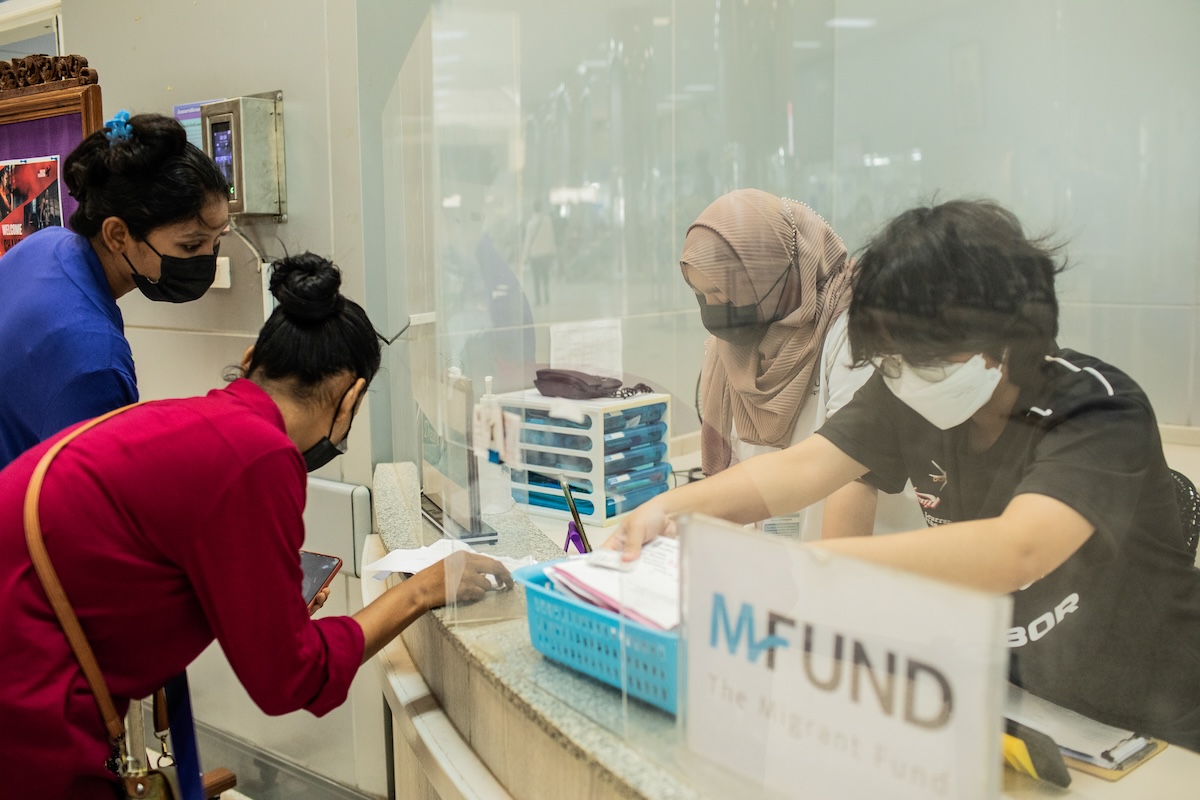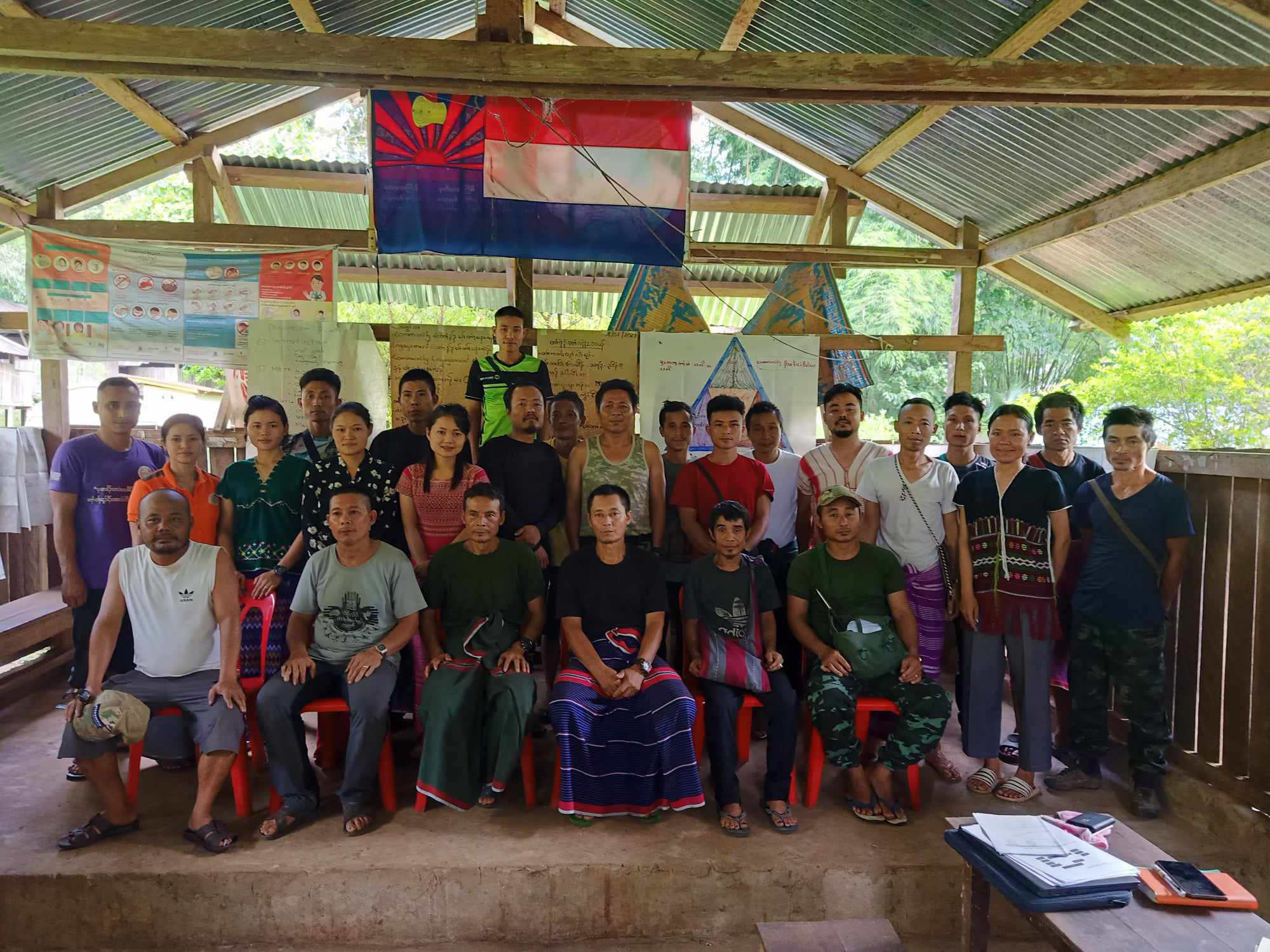The project Health to Healthcare Workers is a peer-driven strategy to increase TB screening and case finding, and to improve the health of vulnerable healthcare workers of Mozambique.
Context
In Mozambique, tuberculosis ranks as the fourth leading cause of death. The country is included in the World Health Organization’s list of “high burden” countries for TB, MDR-TB, and TB/HIV co-infection. Healthcare workers are considered a high-risk group for occupational TB infection due to several factors. These include exposure in the workplace, low adherence to health and safety standards, a shortage of personal protective equipment, a lack of specific guidelines, insufficient incentives and inadequate training on health measures. Overall, Mozambique lacks nationally representative data on TB rates among healthcare workers. Furthermore, occupational health services have been largely neglected. In Gaza province, indicators suggest significant health risks for healthcare professionals, with reported TB incidence nearly twice the national average.
Description
The projet Health to Healthcare Workers focuses on reducing the burden of TB and other health conditions among the healthcare workforce. This is achieved through a novel, peer-led strategy for periodic universal TB testing, supplemented with additional screenings for HIV, blood pressure, diabetes and mental health. In collaboration with provincial health authorities, TB control teams, comprising healthcare workers from the Gaza province, are recruited and trained in counselling, sample collection, screening, and infection prevention and control for TB and other health conditions. These TB control teams visit health facilities across all 14 districts of Gaza, collecting valuable data that informs decision-making on the most effective strategy for diagnosing TB among healthcare professionals. In parallel, the project will evaluate the cost effectiveness of its strategy to propose a model that can be used and replicated by the Ministry of Health (MoH). Concurrently, a survey is conducted to evaluate the acceptability, feasibility and scalability of the peer-led strategy for universal TB testing.
Impact
The user-friendly training package, along with the sessions on TB case management, significantly strengthens the capacity of healthcare professionals in Gaza province. The peer-driven TB testing strategy, coupled with the integration of screening for additional health conditions, serves as a powerful incentive for healthcare workers to join the TB control teams. This approach facilitates active case finding by reducing the stigma associated with TB screening, it also allows the MoH to collect valuable evidence on TB and the health conditions of healthcare professionals, thereby supporting the development of occupational health policies that specifically target healthcare workers.
